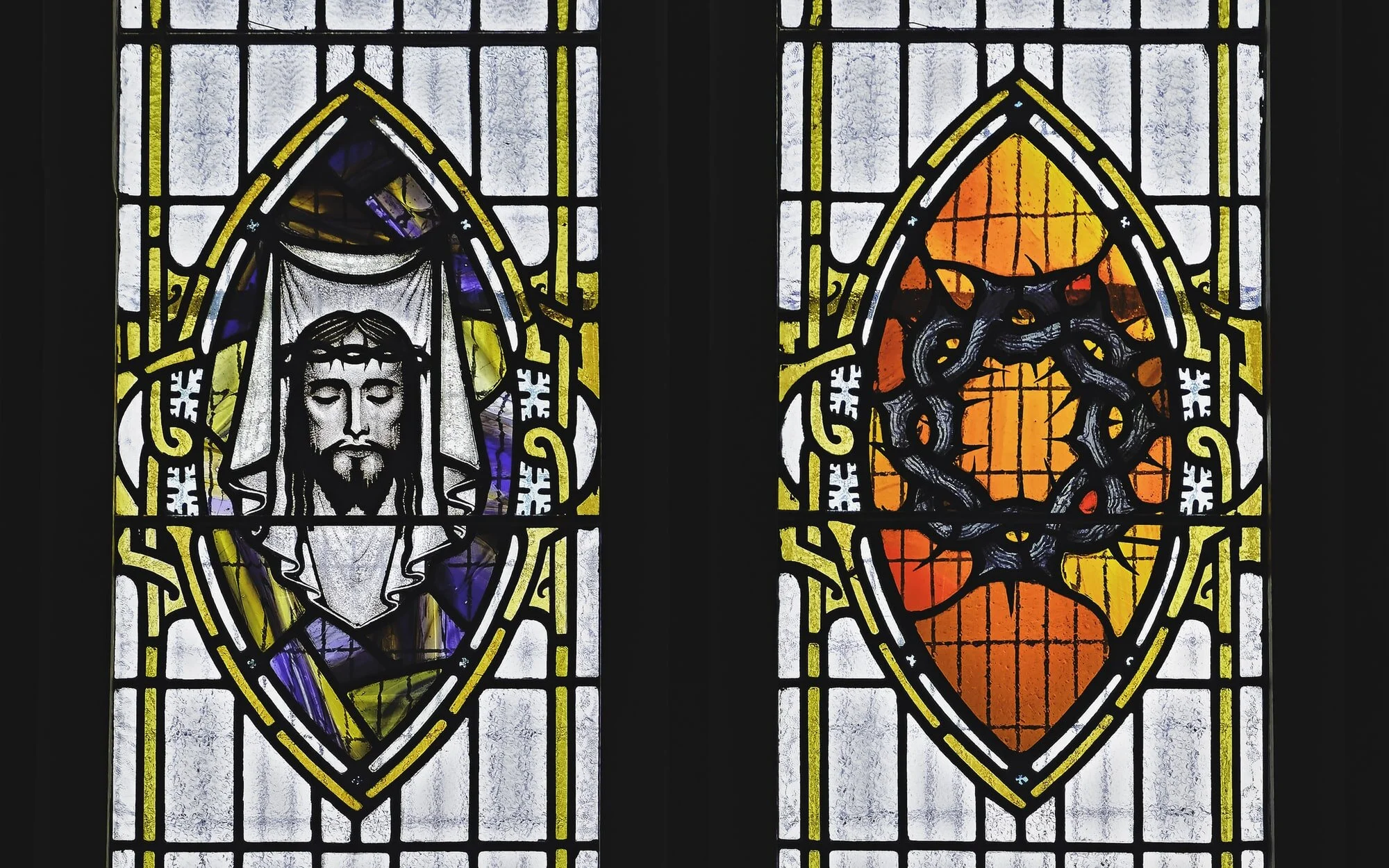If we are born of God, we are told we have overcome the world. Not that we will overcome it, but that through faith in Christ, we have overcome it. This is not a future promise. This is a present fact of our reality as followers of Jesus!
Charles Spurgeon said, “Knowledge, faith, and love are plaited together so closely that they cannot be separated.” We must know, trust, and love Christ in order to love like him.
The depth of love that folds human beings into his family, the magnitude of the love that has spilled out of the perfect, hermetic intimacy he shares within the Trinity, the brand of love he calls us to and commands us to give, is unfathomable to unredeemed humanity.
A person who comes to know God can never exhaust their reasons for praising him!
The great, majestic, high, and holy Creator of this vast universe experiences joy when the creatures he fashioned in his image are folded in to fellowship with him.
Our only protection against false teachers is a proper and thorough understanding of the inerrant Word of God.
This second letter from Peter to the early church admonishes Christ followers to build in themselves, through practice, qualities that will bear fruit for God’s Kingdom— faith, virtue, knowledge, self-control, steadfastness, godliness, brotherly affection, and love.
The joy, the rest, the security, the bright goodness, the fellowship and communion with Christ and each other will never, ever, ever, end.
A believer cannot accept the inevitability of suffering without heeding the appeal to emulate Christ’s character. And only the work of the Holy Spirit can cause the heart of a fallen human to see in this high calling the goodness of a loving God.
Devouring God’s Word is not quick and easy. It takes time, discipline, and intention. But regularly tasting the Lord yields in us the strengthening and nourishment of our souls.
The early church was exiled not primarily because it was rejected by the culture. It was exiled because it was chosen by God.
The Kingdom of God is perpetuated through the power of the Holy Spirit working and abiding in the contrite and surrendered hearts of ordinary human beings.
The only way we can live a life like Paul and the believers of the early church is to be in constant contact with the Father through prayer and the revelation of his Word. Paul had a single focus: Christ!
In Romans 13, we see that the whole point of the law is love. All of the commandments, Paul says, are summed up in that one word.
When Jesus Christ died on the cross, the Hebrew law was fulfilled, the covenant God made with Moses was ended, and the many long years of striving to fulfill its slew of requirements ceased. A new covenant was ushered in with the sacrifice of Christ.
God, in his sovereign mercy, chose to pluck a group of people from the mire and destruction to keep as his own. Incredulity is a response bred from a tragic misunderstanding of the holiness and goodness of the sovereign Creator of the universe. The only proper response to this beautiful mystery is gut wrenching, joy-filled, unrestrained gratitude!
Jesus, the offended, became the offense and the sacrifice! And so we are free.
Without a clear understanding of how dire our condition is outside of Christ, we cannot fully appreciate his redeeming work on the cross. C.S. Lewis said that Christ’s sacrifice on the cross makes no sense unless “you have realized that there is a real Moral Law, and a Power behind the law, and that you have broken that law and put yourself wrong with that power.”
The central message of Romans is grace through faith alone. In order to understand this grace, procured through the atoning work of Jesus Christ, we must gain an understanding of the history of mankind, the holiness of God, and his sovereign plan to reconcile both.
Romans is an extraordinary book in its depth and width and richness and beauty. Its theological complexity challenges both mind and heart. Yet its premise is elemental: salvation through grace alone.




















